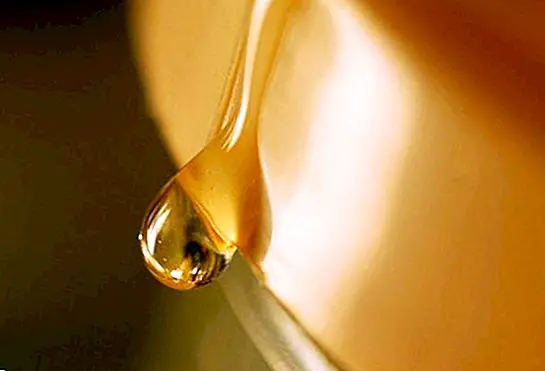Does eating meat make you fat? How many calories does it contribute?
In recent years, the so-called hyperproteic diets, consisting of high protein diets where it is "prohibited" or reduces the consumption of carbohydrates, indispensable within a healthy and balanced nutrition.
As with any aspect of nutrition, it is common for many slimming diets to have an infinity of Myths or beliefs which in most cases are wrong.

For example, there are erroneous myths with the belief of whether Fruits get fat, or if even Drinking water with food makes you fat.
How could it be less, to the meat ocurrs the same. Especially because it is a protein-rich food, but about which there are doubts about whether eat meat fattening or not.
Is it true that eating meat makes you fat?
The meat is one of the fundamental foods that we find in the so-called hyperproteic diets, because it becomes an excellent protein source, of excellent quality, by the way.
However, we must not forget a fundamental question: this type of diet can be dangerous if it is not carried out under the supervision of a nutritionist, since they can produce in our organism the so-called status of ketosis.
With regard to the properties of meat, especially from a nutritional point of view (which is what ultimately should matter to us when we follow a balanced diet to lose weight), meat not only provides good quality proteins, but also minerals such as iron or zinc and vitamins of group B.
To the question of whether the meat is fattening, we must always keep in mind that, by themselves, food does not get fat (just like it does not lose weight). Those who fatten are us depending on how we cook them, what we eat them and in what way (it is not the same to eat a certain food with moderation and without abuse, to do it in excess and daily).
In the case of meat, exactly the same happens, given that meat should not and can not be lacking in a balanced and healthy diet, precisely because of the great variety of essential nutrients that it provides.
How many calories does the meat provide?
In the case of meat we are faced with a food especially rich in proteins considered as quality, since most of them provide essential amino acids essential for the proper functioning of our body.

Of course, we must differentiate between those denominated as lean meats, and red meats or more fats, since the former are richer in proteins of high biological value and less fat; while the second, although healthy, are less recommended in diets.
Next we indicate the calories that the meat contributes by each 100 grams, based on the animal and the part or type of meat that is going away to consume:
Calories of pork
- Lean pork meat:110 kcal.
- Pork ribs:195 kcal.
- Pork belly:384 kcal.
- Pork bacon:758 kcal.
Calories from lamb meat
- Lamb Chops:345 kcal.
- Leg of lamb:234 kcal.
- Shoulder of lamb:270 kcal.
Calories from veal
- Lean beef:95 kcal.
- Veal chops:115 kcal.
Calories from beef
- Lean beef meat:108 kcal.
- Beef ribs:224 kcal.
- Beef tenderloin:175 kcal.
- Beef tenderloin:115 kcal.
Calories of turkey
- Turkey thigh:114 kcal.
- Turkey breast:105 kcal.

Calories from chicken and other birds
- Chicken thigh:110 kcal.
- Chicken breast:95 kcal.
- Quail:105 kcal.
- Partridge:108 kcal.
Calories of horse meat
- Horse meat:107 kcal.
Calories of rabbit meat
- Rabbit meat:155 kcal.
How much meat can we eat?
Although we must differentiate the consumption of White meat -with fewer calories, healthier and with greater nutritional power- of the Red meat, the advisable thing is eat meat three times a week.
About what meat to choose, it is best to opt for meat with less fat, eating for example twice a week white meat (chicken, turkey breast, rabbit ...) and once a week red meat. This article is published for informational purposes only. You can not and should not replace the consultation with a Nutritionist. We advise you to consult your trusted Nutritionist. ThemesCalories of food Meat


